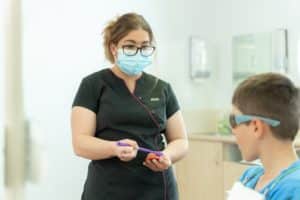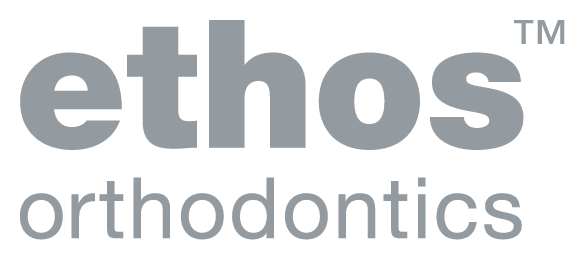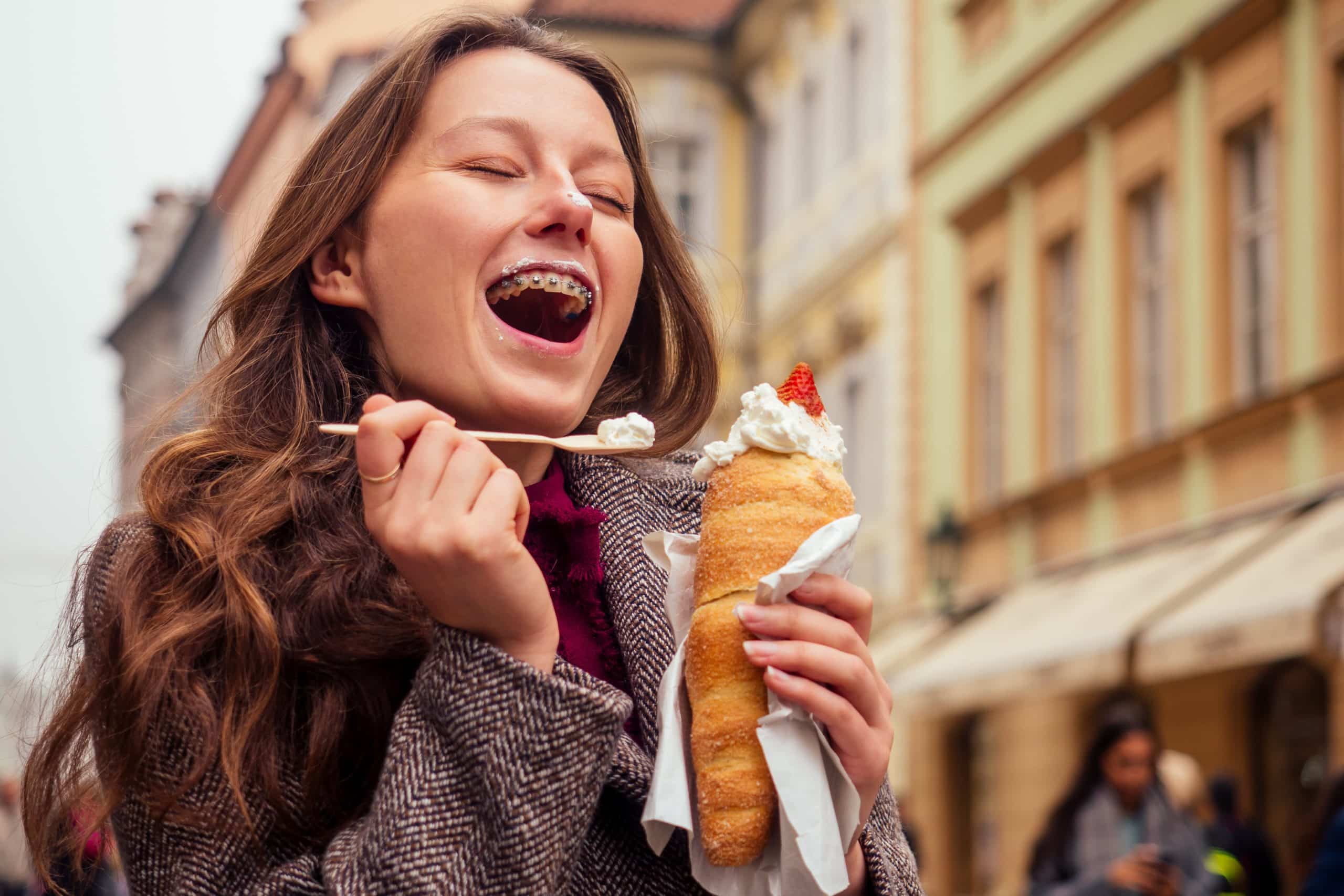While most orthodontists can help you understand the foods you can enjoy and what foods to avoid during your orthodontic treatment, looking through the fridge or supermarket aisles can often seem daunting. For the most part, you should find that your new braces won’t impact your day-to-day life. However, there are some foods that you should avoid in order to keep your braces in tact and feeling comfortable.
What foods can I eat when I have braces?
Firstly, let’s look at the foods you can continue to enjoy with braces. For the most part, you should be able to continue to enjoy your favourite foods as long as they aren’t too sticky, chewy or tough. Some foods that are perfect for braces are:
- Soft or pureed fruits – mushy bananas are delicious, tinned peaches and stewed fruits
- Fresh fruit – just cut up those apples into bite-size pieces
- Steamed, boiled or mashed vegetables – you don’t need to cook so much that you’re removing nutrients but cooking them until they’re soft will have the best impact
- Soft cooked grains, soft crusted bread, soft cooked rice & pasta
- Milk, yoghurt & custards
- Lean, tender meat, tofu or slow-cooked, stewed food (as long as the colouring & spices aren’t too intense); and
- Smooth nut spreads
Foods to avoid while wearing braces
Some of the foods you should avoid in order to not damage your braces include:
- Chewy foods such as hard roll-ups and liquorice
- Crunchy foods such as ice cubes or popcorn
- Sticky foods such as caramels, mints and bubblegum (sugar free gum is a great alternative)
- Hard food such as large nuts, boiled lollies, and toffee
- Sugary drinks – soft drinks and sports drinks
Foods to eat sparingly with braces
These foods should be eaten with caution to ensure you aren’t causing damage to your braces:
- Unground whole grains, hard-crusted bread, less processed loaves of bread
- Hard cheeses
- Meat from the bone, for example lamb chops
- Whole or chunky nuts and seeds
- Too much coffee and tea can lead to temporary discolouration of the braces and teeth
- Acidic foods & drinks – citrus fruit is okay but don’t brush immediately after consuming – best to have a glass of water to dilute the effects of the citric acid and brush your teeth no less than one hour later
- Heavily spiced curries, packet noodles and cakes or any foods with food colouring – these can discolour the elastics used to hold the wire to your braces.
Eating with braces tips
Anyone who wears fixed braces should avoid excessive snacking, aiming instead to eat a healthy and balanced diet that focuses on foods that pack a nutritional punch. You should also consider brushing your teeth and braces after each meal to minimise any food being caught around your braces.
Other things to avoid with braces
Of course, foods aren’t the only enemies your braces may have. There are some habits that can also impact your orthodontic treatment. The following should be avoided while wearing braces:
- Chewing on pens & pencils
- Crunching ice cubes or ice blocks
- Nail-biting
- Smoking
Can you eat chips if you have braces?
Of course! If you are craving hot potato chips or thin crisps from the packet you don’t have to wait until your treatment is over, but you should be mindful when eating these foods.
We also recommend brushing your teeth after eating them, especially if you have a soft spot for cheesy crisps or tomato sauce.
How to look after your braces
While there will be times throughout your treatment when eating certain foods is really a no-go zone, overall it is most important that you pay close attention to how you’re eating generally. This is because you will need to be extra diligent with teeth brushing to ensure crevices between the teeth and around the braces remain clean. Not only is this good dental hygiene, but it also helps to ensure you’re checking brackets and wires to ensure they’re not coming out. While this is rare, your diligence will mean that you can spot something sooner if they are loosening. Find out what to do if your braces brackets are coming loose with our helpful how-to video guide.

Have questions?
If you have questions or concerns about the foods you can and can’t eat during treatment, get in touch and we can work together to determine the best plans possible, which will help to ensure your treatment stays on track and when your braces do come off your smiling from ear to ear!
As a precaution, the information shared here should be used as a guide only. It is focused on preventing damage to braces and assisting in minimising as well as keeping your teeth free from tooth decay and minimising discolouration during treatment. This advice is general in nature, and as such may not be right if you have specific dietary needs or nutritional conditions that limit your intake of certain foods. We encourage you to discuss any of these or other dietary concerns and any others with your healthcare team prior to any dental treatment commencing. After all, we want to ensure your food choices are enjoyable and tasty while minimising the impact on your treatment period.




